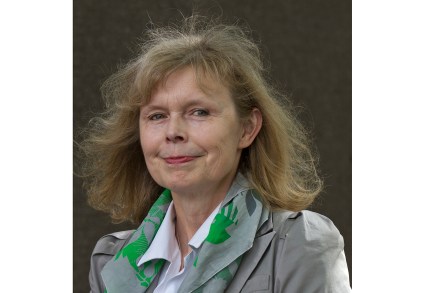At last, a novel about the art world that rings true: Annalena Mcfee’s Nightshade reviewed
On a winter’s night an artist of moderately exalted reputation and in lateish middle age journeys across London, away from the stuccoed comforts of what was until recently home towards a studio in the East End, where a much younger lover lies waiting. Observations, generally of a caustic nature, about the comédie humaine encountered along the way and the state of the wider world jostle in the artist’s febrile mind with an apologia for the previous nine months’ events. The artist is a woman, Eve Laing, but the tropes past which Nightshade flits like an Underground train are strikingly, almost mundanely, male — the ageing, status-anxious creative, the mid-life crisis,





















